Bill Shankly, the manager of Liverpool FC in the club’s halcyon days of the1960s and 1970s, once said: ‘Football isn’t just a matter of life and death, it’s far more important than that.’ But as David Goldblatt shows in this penetrating study, it was a sport then in apparently terminal decline.The deaths in the next decade of so many fans at Bradford from fire, and at Hillsborough from suffocation, exposed both its obsolete infrastructure and and anachronistic governance.
It had few friends in high places and no ready access to funds. In 1963 the maximum wage of £100 per week had been abolished.The next year the High Court ruled that the Football Association’s regulations on retention and transfer of players were an ‘unreasonable restraint on trade’. But most clubs that faced this double whammy (Goldblatt, curiously, refers only to the first) were ill-equipped to match the higher demands from players which inevitably followed.
Fast forward to the modern era. The injection of television money and investment from oligarchs, sheikhs and American entrepreneurs, to whom ownership of a prestigious club appears a highly desirable trophy, has resulted in star players’ salaries breaking the barrier of a quarter of a million pounds per week. The crowds have returned to all-seater stadia; footballers, pampered like thoroughbred racehorses, play a faster and more skilful game on manicured pitches, and a working-class pleasure has become a subject of ubiquitous interest to all sections of society, royal princes and party leaders not excepted.
But as Goldblatt shows, the benefits of this new wealth are not equally shared.As he says of the Premier League, ‘The more uncompetitive it has become, the more the world seems to want it.’ The ability to challenge for the highest prizes is restricted to half a dozen clubs.The prospect of bankruptcy still haunts the majority.The average manager’s career is measured in months rather than years, as owners continue to believe that dropping the pilot is key to reviving a team’s fortunes. The ritual of the 3 p.m. Saturday kick-off is disrupted by the demands of the media for matches to be staggered over an extended weekend; while fans are powerless to prevent season-ticket price increases well above the rate of inflation and regular changes of the expensive club strip for marketing purposes.
The perception that football can provide a road to riches diverts young athletes from other sports; but those who have the talent to succeed in the national game attract attention for which they are often ill-prepared. Goldblatt rightly disparages the notion that footballers should be treated as role-models — a view once unwisely espoused by a future Lord Chief Justice — since few aspire to that role and fewer still are able to perform it.
Goldblatt writes about the making of English football; but for more than two decades the domestic game has been transformed by foreign imports — both players and managers. Like many other sports, football was invented in England; yet the balance of power has shifted elsewhere. The true superstars play in Spain, Italy or Germany. The national team is for the most part a national joke — a repository for overblown expectations and frustrated hopes.
For all the sophistication of his analysis, Goldblatt provides no convincing answer to the question of why clubs, originally rooted in their communities, still command such loyalty when few of their teams contain local lads, and some not even a majority of English ones, but transient mercenaries. Nowadays, the allegiance of fans is simply to a brand, which conceals rather than reflects a club’s former identity. It may be that a psychologist, rather than a sociologist, as the author is, can best explain this paradox.
Goldblatt describes football as a ‘social-democratic game in a neo-liberal world’. But social democracy should have no time for the racism, sexism and homophobia which still mar the sport to an extent greater than elsewhere in contemporary Brtiain. He ends with the hope that football might lead the way to a ‘more joyous, brighter and fairer society’. This is reckless optimism springing from an unreal nostalgia. Even match days, which he vividly describes, aren’t what they used to be. The so-called beautiful game reflects what the nation has become — and it’s not altogether a pleasant sight.
Got something to add? Join the discussion and comment below.
Get 10 issues for just $10
Subscribe to The Spectator Australia today for the next 10 magazine issues, plus full online access, for just $10.
Available from the Spectator Bookshop, £16 Tel: 08430 600033
You might disagree with half of it, but you’ll enjoy reading all of it. Try your first month for free, then just $2 a week for the remainder of your first year.

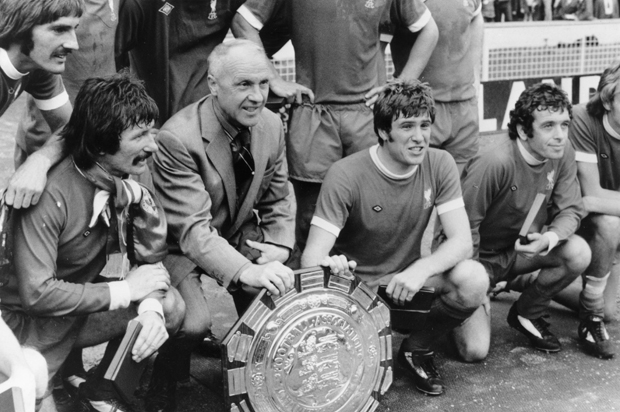
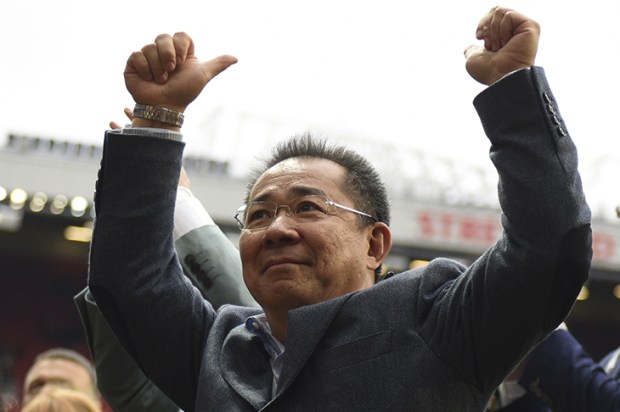
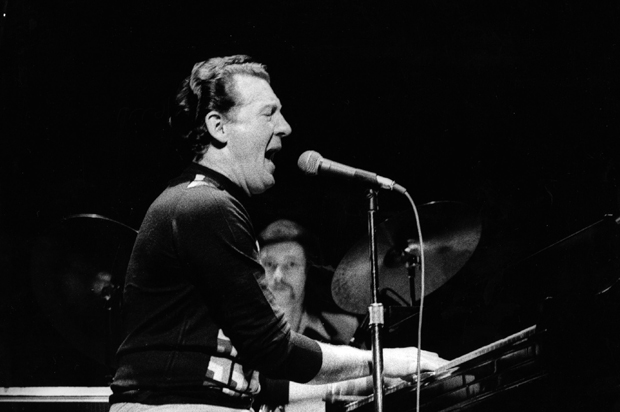
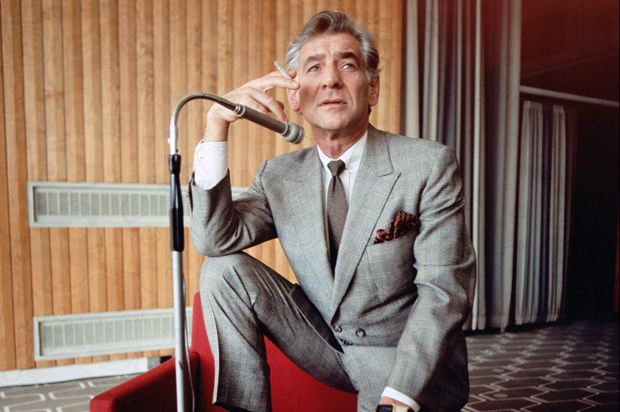

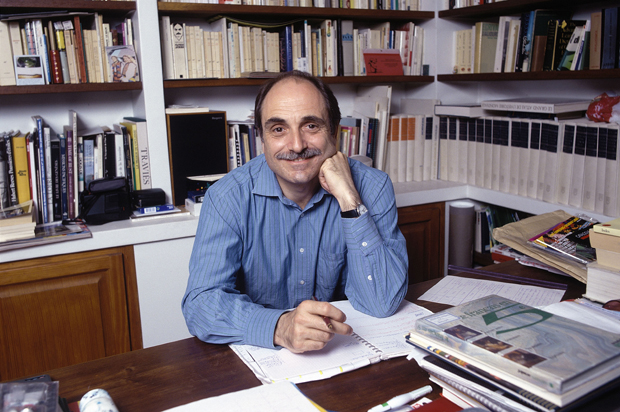
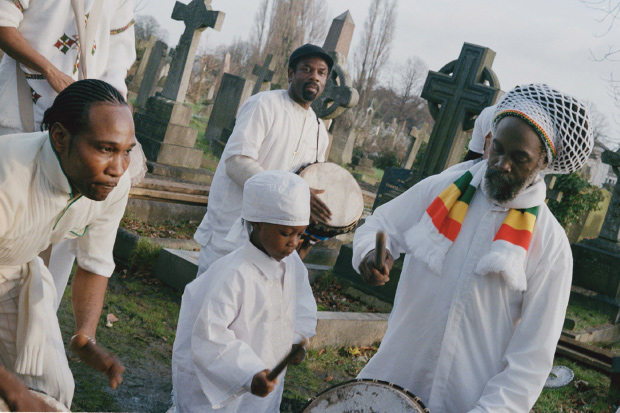






Comments
Don't miss out
Join the conversation with other Spectator Australia readers. Subscribe to leave a comment.
SUBSCRIBEAlready a subscriber? Log in